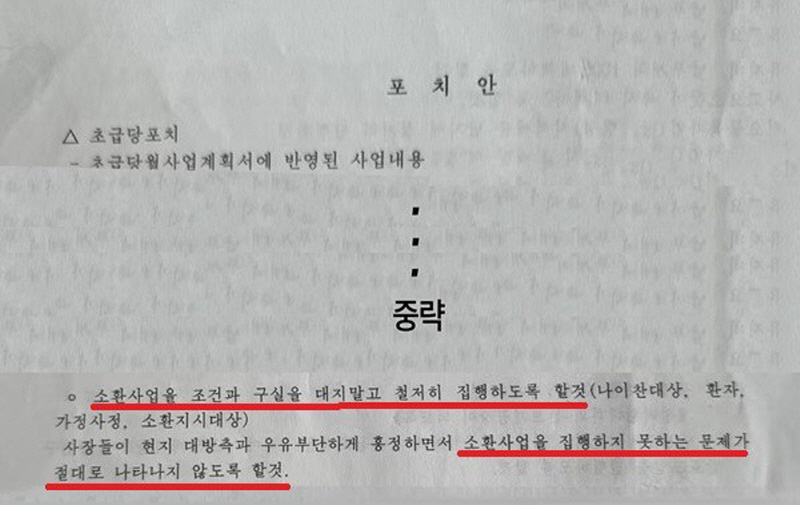In a recent development, reports have surfaced that China has demanded the repatriation of North Korean workers, amid growing speculation of deteriorating relations between the two nations.
In response, North Korea has instructed its diplomatic missions in China to ensure the thorough execution of this repatriation order without providing any “excuses” or “conditions.” This directive, obtained by Radio Free Asia (RFA) on July 10, emphasizes the immediate and unconditional repatriation of North Korean workers from China.
According to the document obtained by RFA, presumed to be drafted between May and June, the North Korean government stressed that the “repatriation must be carried out without any excuses or delays.” The target groups for repatriation include “elderly workers, patients, those with family issues, and individuals specifically ordered to return.”
The directive also highlights the need to prevent business managers from procrastinating or negotiating with Chinese partners, ensuring that the repatriation process is executed efficiently.

RFA reported that North Korean women over the age of 30 and those with expired visas are prioritized for repatriation, citing multiple sources. This decision follows complaints from the families of women stationed in China who missed marriage opportunities due to the prolonged stay abroad, the sources added.
On July 9, South Korean media outlet DongA Ilbo reported that China has recently demanded North Korea repatriate all its workers currently stationed in China, citing South Korean government sources. The publication interpreted this as a clear sign that the relationship between China and North Korea is deteriorating, with Beijing trying to distance itself from Pyongyang.
DongA Ilbo’s analysis, based on conversations with multiple sources, suggested that the conflict between the two countries comes after recent developments in the relationship between Moscow and Pyongyang, highlighted by Vladimir Putin’s recent visit to North Korea.
According to the report, North Korea has responded to China’s demand by proposing to repatriate the current workers in stages while sending new workers to China. However, China maintained that all workers with expired visas must return home first, with new workers being accepted only gradually.
A South Korean official described the situation to DongA Ilbo as “very unusual.”
The dispatch of overseas workers is a critical source of foreign currency for North Korea and a foundation for maintaining the Kim Jong-un regime. About 90% of these workers are concentrated in China. Therefore, China’s recent decision is seen as a stark expression of displeasure towards North Korea, which has aligned closely with Russia, and an attempt to pressure the North Korean regime by cutting off a key financial lifeline.

North Korea has reportedly dispatched around 100,000 workers to China. The U.S. State Department estimates that North Korea exploits up to 90% of the wages earned by these workers, generating hundreds of millions of dollars annually.
The dispatch of overseas workers by North Korea violates the United Nations Security Council’s sanctions. North Korea has circumvented these restrictions by using student and tourist visas to send workers to China.
However, with the imminent expiration of most of these permits, many North Korean workers are at risk of becoming illegal immigrants if they are not called back to North Korea. Should the negotiations fail, it is expected that Chinese authorities will start cracking down on illegal employment of North Korean workers from the latter half of the year. A source noted that this issue could become a significant point of contention between the two nations.
Meanwhile, during a press conference on July 9, Chinese Foreign Ministry Spokesperson Lin Jian denied reports about the repatriation and the relationship with North Korea, stating, “China and the Democratic People’s Republic of Korea (DPRK) are close neighbors connected by mountains and rivers” when questioned about the repatriation issue and the current state of relations between the two countries.
He added, “The two countries have maintained a traditional friendship and cooperative ties. South Korean media have recently been writing about assumptions and speculations on how things are between China and the DPRK, and creating hypes about the relationship. I hope these media outlets will show professionalism and base their reporting on facts instead of treating journalism as if they were writing fiction.”
BY YOUNGNAM KIM [kim.youngnam@koreadaily.com]





